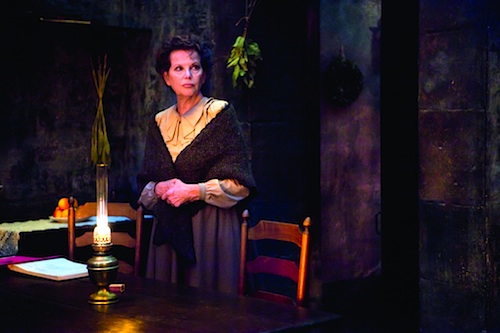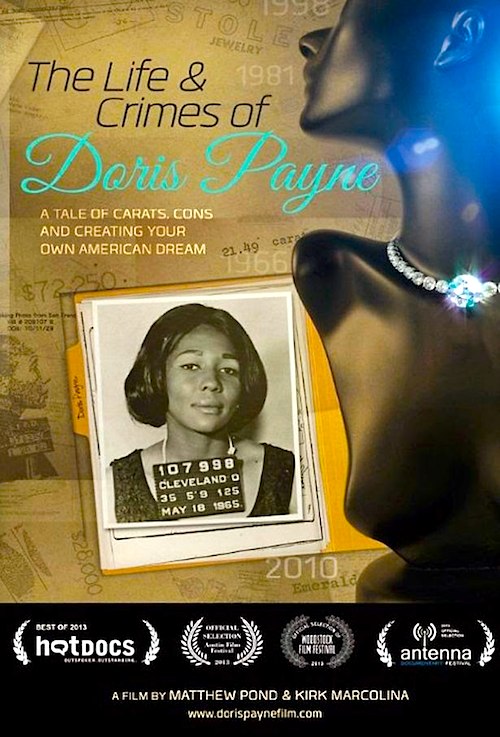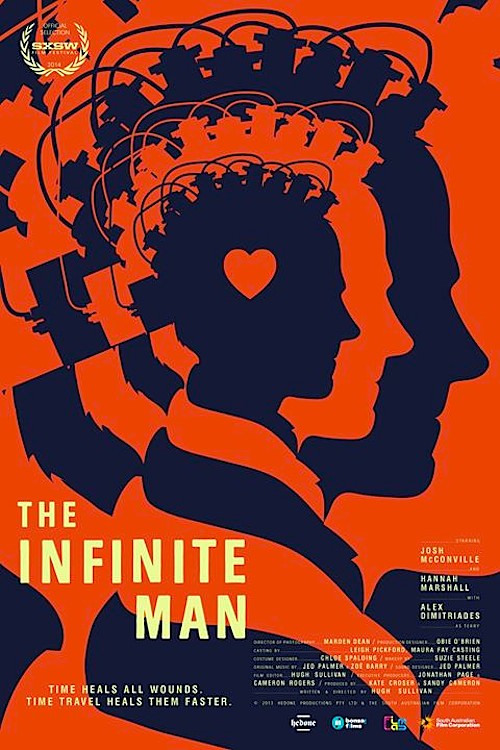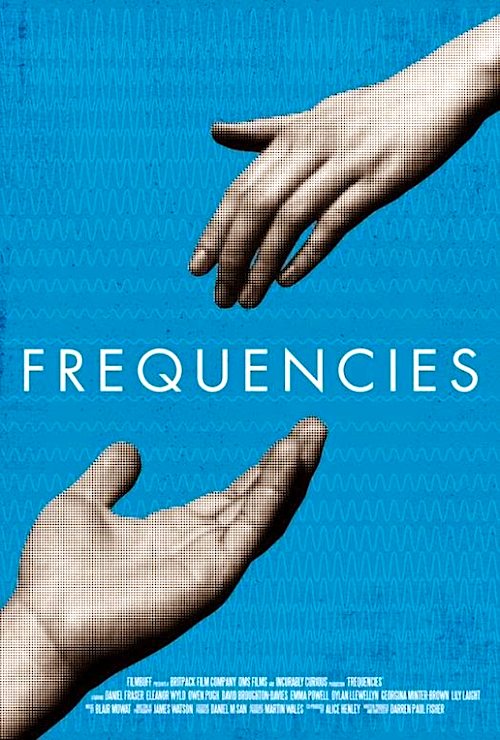By Joe Bendel. Reportedly, Raul Brandão’s 1923 play was a strong influence on Samuel Beckett’s Waiting for Godot, but it will strike most contemporary viewers as being downright Dickensian. Regardless, probably no filmmaker is better suited to adapt it for the screen than 104 year old Manoel de Oliveira. He was around when it premiered and has seen its critical reputation evolve over time. The dean of world cinema continues to polish his craft with Gebo and the Shadow, which opens tomorrow at the Anthology Film Archives.
This is the part of the review where we all marvel at Oliveira’s productivity and longevity. Pushing 105, Oliveira has multiple projects in development and at this point there is no reason to doubt he will see them through. Given the exquisite elegance of The Strange Case of Angélica (which hit theaters when Oliveira was the tender age of 102), we can also expect them to be quite good. While Shadow is a relatively minor work, it clearly shows the hallmarks of a master at work.
Old Gebo should be retired by now, but he labors on as a debt-collecting clerk for his callous employers. He has no choice. Gebo is the sole support of his beloved wife Doroteia and daughter-in-law Sofia, since his son João absconded eight years ago, under ominous circumstances. Gebo struggles to preserve the illusion João might someday return to protect Doroteia’s fragile psyche. Yet, he fears their son’s homecoming might lead to more harm than good, should it actually come to pass. Unlike Godot, the prodigal (the metaphoric shadow of the title) will indeed suddenly darken Gebo’s door at the end of the first act.

Shadow’s theatrical roots are highly conspicuous, but Oliveira tries to make a virtue of its staginess—for understandable reasons. He might be 104, but Micheal Lonsdale looks at least that old as the much abused Gebo. It is a striking performance, marked by palpable physical exhaustion and acute world weariness. Yet, it is his tender moments with Leonor Silveira as the sensitive Sofia that really give the film its soul. Claudia Cardinale is perfectly fine as the high strung Doroteia, but it is not a great showcase role. For further art house appeal, Jeanne Moreau makes her presence deeply felt when appearing briefly as the mystical neighbor, Candidinha, like the veteran screen diva she is. In contrast, Ricardo Trêpa is rather stiff and shrill as Dostoyevskian João.
Oliveira and cinematographer Renato Berta absolutely love the soft, smoky light given off by the era’s oil lamps. The entire film glows like the chiaroscuro of the Old Masters. At times, Oliveira tries to enhance the mystery surrounding João, the shadow, but he still maintains an overriding mood of melancholy. Despite the big name international cast, Shadow is a small film in the grand scheme of cinema history, but it certainly demonstrates Oliveira can still do his thing. Respectfully recommended for those who appreciate chamber dramas, Gebo and the Shadow opens tomorrow (5/28) in New York at the Anthology Film Archives.
LFM GRADE: B-
Posted on May 27th, 2014 at 2:02pm.




